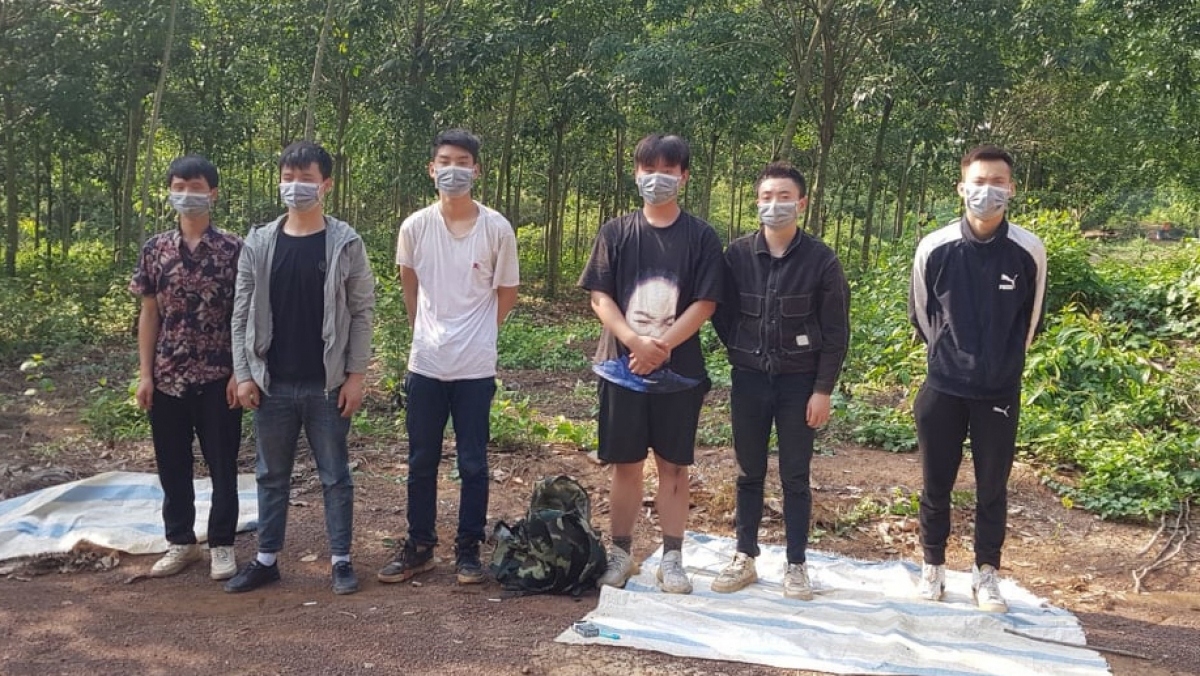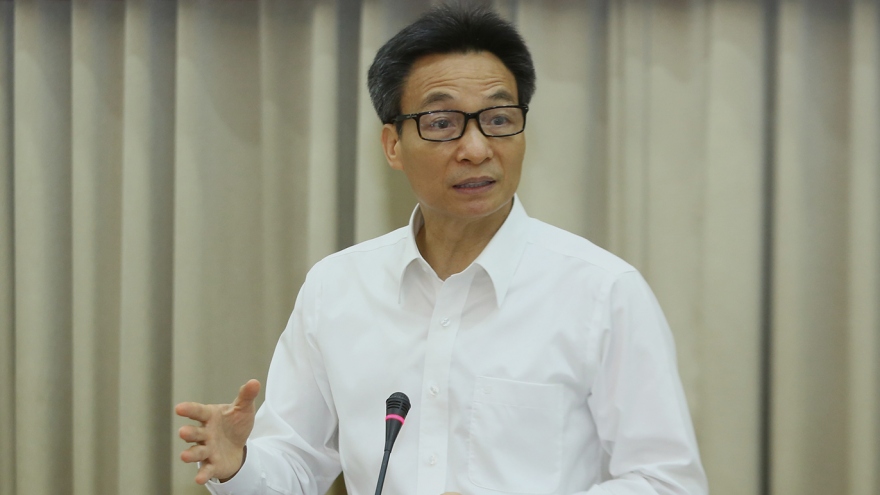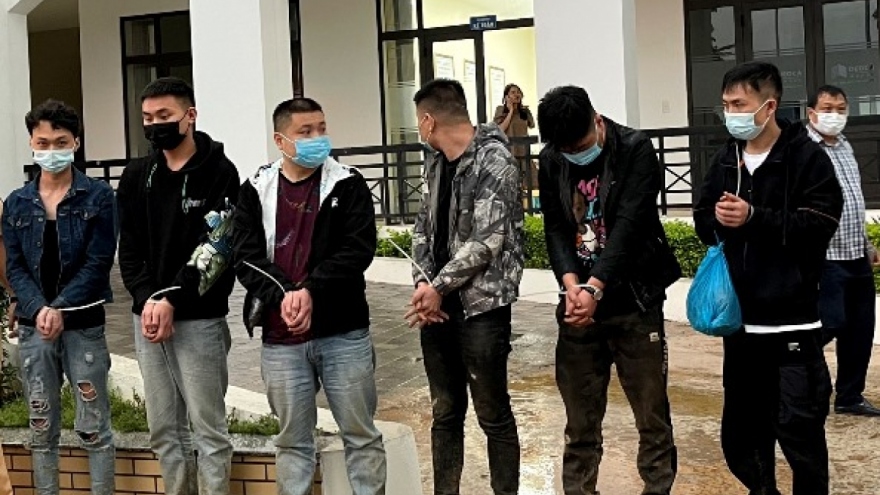Questions arise over purpose of Chinese nationals illegally entering Vietnam
VOV.VN - Vietnam has recorded a total of 199 cases of illegal entry involving 1,443 Chinese nationals during the first four months of the year, according to Maj. Gen. To An Xo, spokesperson for the Ministry of Public Security.

Since the start of the year the Ministry of Public Security has been able to prosecute 49 cases relating to 141 people, said Xo, who is also Chief of the Office of the ministry.
Acts of illegal entry apparently violate Vietnam’s sovereignty and bring COVID-19 threats for the country, thereby directly affecting the livelihoods and jobs of local people, he noted.
The Ministry of Public Security is currently seeking measures aimed at clarifying methods and tricks used by people to bring illegal entrants into the nation, in an attempt to halt the potential spread of the SARS-CoV-2 virus domestically, Maj. Gen. Xo added.
Initial investigations show brokers are making use of online social networks to connect with people who are seeking to enter Vietnam illegally. A number of detainees have revealed that most illegal entrants are looking for employment, although some have unknown reasons for wishing to enter.
Regardless of their purpose, all illegal entrants can be considered very dangerous for Vietnamese people in their fight against COVID-19, Maj. Gen. Xo stressed.
According to the General, it is imperative to tighten control of illegal entrants who pass through guest houses, hotels, and other types of accommodation. In addition, relevant forces need to reinforce check-points and prosecute brokers as well as illegal entrants to serve as a deterrent to others.
Brokers and illegal entrants who are detected and subsequently test negative for COVID-19 will be returned to China. Lodging businesses who fail to comply with regulations may have their licenses withdrawn, face administrative penalties, or even criminal penalties, Maj. Gen. To An Xo confirmed.
Despite continued vigilance, there remains a huge number of illegal entrants passing through border areas in the northern and southwestern regions, especially on land. Tightening control of these border areas to prevent new COVID-19 cases is therefore proving to be a great challenge, he stressed.


